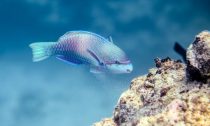
New research on the Great Barrier Reef associates severe coral loss with substantial increases in the size of large, long-living herbivorous fish. However, the ecosystem is also left vulnerable to crashing.
In research published in the British Ecological Society journal Functional Ecology, an international team of researchers compared reef surveys from 2003-2004 and 2018. They found severe coral loss—up to 83% in some areas—was associated with increases in fish biomass, productivity and consumed biomass. This means the reef currently has more energy stored in the form of fish weight, is able produce more fish weight, and these fish are being consumed by predators.
Lead author Renato Morais, a PhD candidate from the ARC Centre of Excellence for Coral Reef Studies at James Cook Universit...
Read More

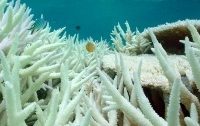
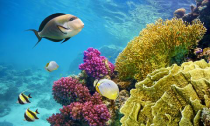
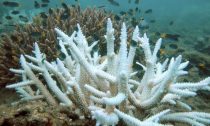

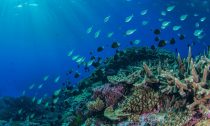

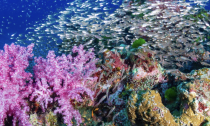
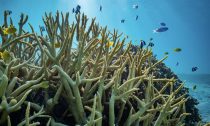


Social Profiles